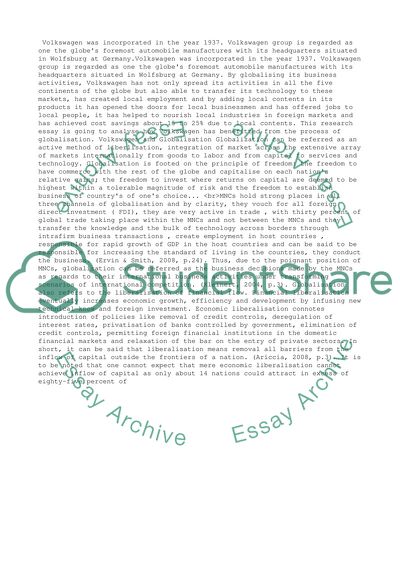Cite this document
(“Globalization and Volkswagen Essay Example | Topics and Well Written Essays - 3250 words”, n.d.)
Retrieved from https://studentshare.org/business/1410265-globalization-and-volkswagen-a-case-study
Retrieved from https://studentshare.org/business/1410265-globalization-and-volkswagen-a-case-study
(Globalization and Volkswagen Essay Example | Topics and Well Written Essays - 3250 Words)
https://studentshare.org/business/1410265-globalization-and-volkswagen-a-case-study.
https://studentshare.org/business/1410265-globalization-and-volkswagen-a-case-study.
“Globalization and Volkswagen Essay Example | Topics and Well Written Essays - 3250 Words”, n.d. https://studentshare.org/business/1410265-globalization-and-volkswagen-a-case-study.


